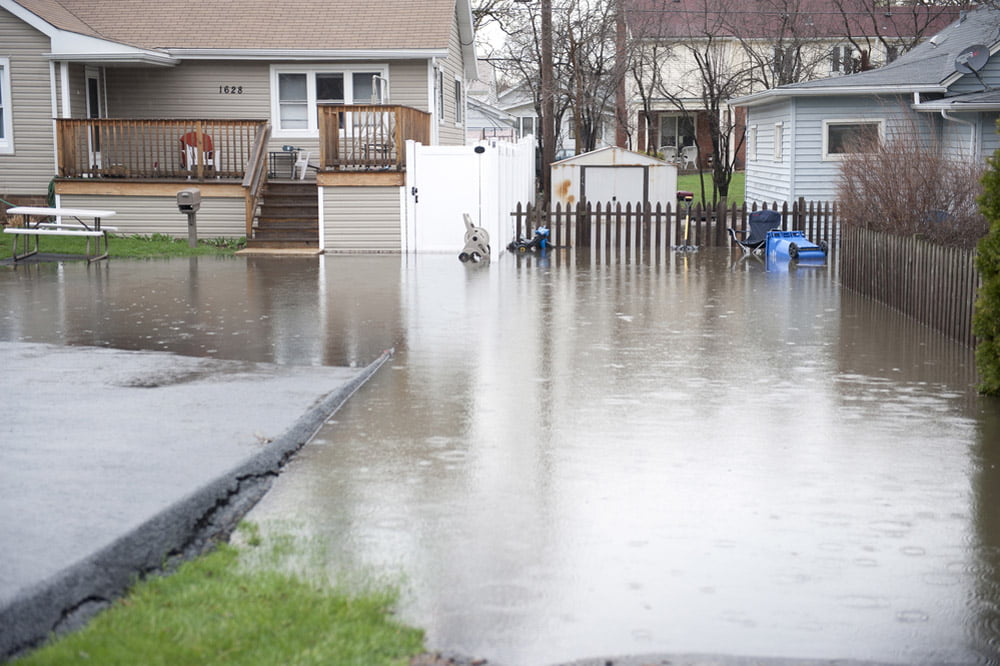Allotment Inspections With Action Property Inspections
Buying a property? You need to organise a pre-purchase building inspection – one that includes allotment inspections to give you peace of mind before you buy. Brisbane-based Action Property Inspections will help you.
What is an allotment?
In other parts of the world, an allotment is considered a community garden in which individuals grow their own plants and vegetables. Allotments within Australian properties are not community spaces, but are part of a property’s land boundaries. Historically, land that used to be farmland would be parceled into allotments or ‘lots’. Today, when you see properties with the address Lot 3, as an example, this is an allotment. ‘Lots’ are frequently associated with rural land and dwellings.
Why do I need to get an allotment inspection?
Your first thought when buying a property, would be to arrange an inspection of your house. There are a number of reasons why you must arrange for an allotment inspection, too. At Action Inspections, a full pre-purchase building inspection includes an allotment inspection. This is an overview of what needs to be checked during an allotment inspection, and why:
• Pathways, driveways and paving
Due to Brisbane’s weather extremes, the natural elements are hugely responsible for the deterioration of concrete and stone. Over many years of heavy rainfall, flooding, hail and the heat of the summer, it is common to find hazardous breaks and cracks. What you also need to know is that cracks in your concrete could be compromising your housing structure. That said, your property’s pathways, driveways and paving stones are one of the many reasons why you need to arrange a pre-purchase allotment inspection.
• Fences
Fences define your property’s boundaries, as well as maintain the privacy of your home. Boundary deterioration is common in older properties, and fences can be vulnerable in weather extremes. In order to keep your boundaries and security in check, your allotment inspection will assess the condition of your fence structure. An inspection will determine whether your fences need to be replaced.
• Surface drainage
Plumbing and drainage inspections on your property are important. Poor drainage results in a multitude of structural problems. For example, unattended issues with your drainage can lead to issues with water ponding or moisture retention. If water is retained on the grounds of your allotment, this causes a long term issue with ground swell and foundation movement. If rainwater drains away efficiently, you will avoid such problems, and minimise damage caused by retained moisture. This is a common problem for Queensland properties, yet can be avoided with adequate property inspections.
• Free standing structures
You might not think freestanding structures such as garden sheds, gazebos, cubby houses, retaining walls and barbeques to be included within allotment inspections. They are. Faults with the aforementioned could compromise your family’s safety. You need to be aware that these structures must adhere to building compliance regulations. At Action Property Inspections, free standing structures are covered as part of your property’s greater inspection.
• Surrounding trees
Trees on your allotment can be a lovely addition to your property, but can become a nuisance. Hazards may include surrounding trees in need of either removal, or cut backs. Overhanging tree branches can cause trouble for your property. Likewise, tree roots can cause all kinds of damage to the structure of your property, or to your neighbours eg. wall cracking or drainage blockages.
Nuisance trees can be a subject of uncertainty for you as a property owner. You might want to remove trees, but may not be knowledgeable on particular laws. You might not know who is responsible for the cost, either. There is a little information you can read on the Queensland Government’s website.
An allotment inspection will be able to identify issues relating to your surrounding trees.
Inadequate maintenance can lead to serious issues in the long term, so it is best to have your prospective home inspected by an industry professional.
Red flags to look out for
Before booking in for your professional allotment inspection, you can investigate your property grounds with your untrained eye. Look out for red flags that you can raise with your property inspector.
• Excess water or evidence of moisture penetrating the structure of your property
Retained moisture around the structure of your property, is a cause for concern. Inadequate drainage leads to moisture retention and building settlement (subsidence) issues. When storm water does not drain from your property, you could end up with water sitting around the foundations of your house. When this happens, your house could shift or cause cracks to the structure of your home. Look out for dead grass areas, moss around walls, no visible drainage and ground that slopes towards your house and not away from the house.
• External cracks
If you see cracks on the ground or within retaining walls, they need to be addressed. Cracks indicate a change or movement in building materials, and suggest a weak point that must be fixed. There are a number of reasons why cracks occurs. Such issues include, but are not limited to; foundation movement, excess water, tree roots, deterioration of building materials and weathering wear and tear.
Buying a property can be a stressful time. A trained building consultant will thoroughly inspect all accessible parts of your property. Book your Brisbane property inspection with Action Property Inspections by calling 1800 642 465 or (07) 3201 2666.
Action Property Inspections include allotment inspections as part of the pre-purchase building inspection. Contact us today.

